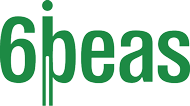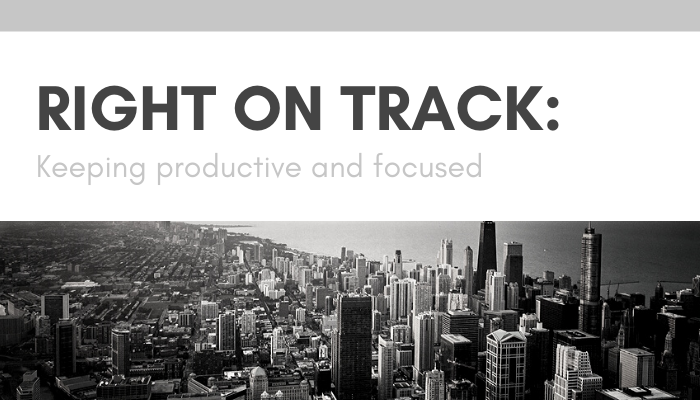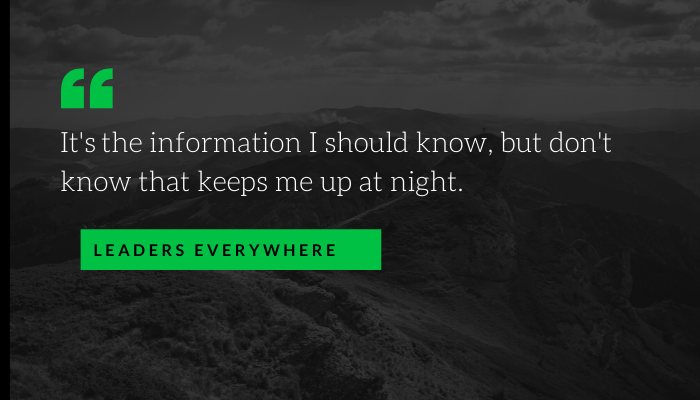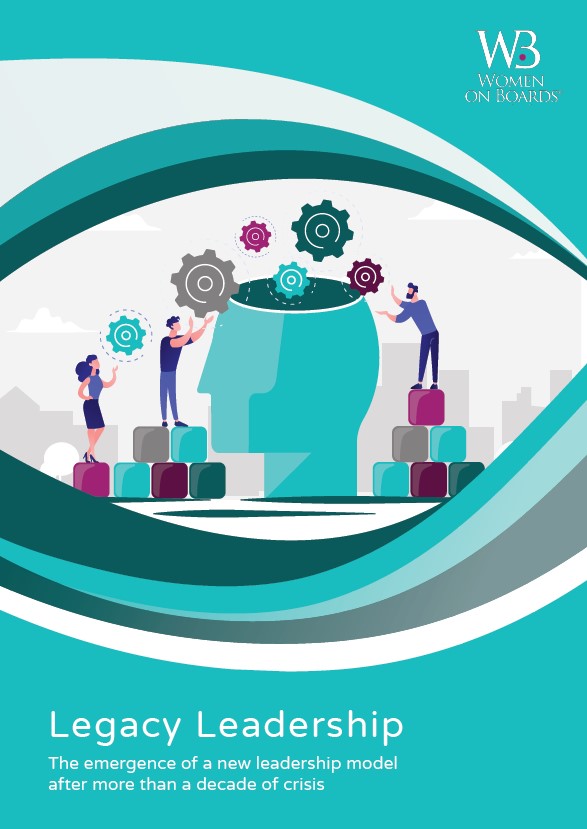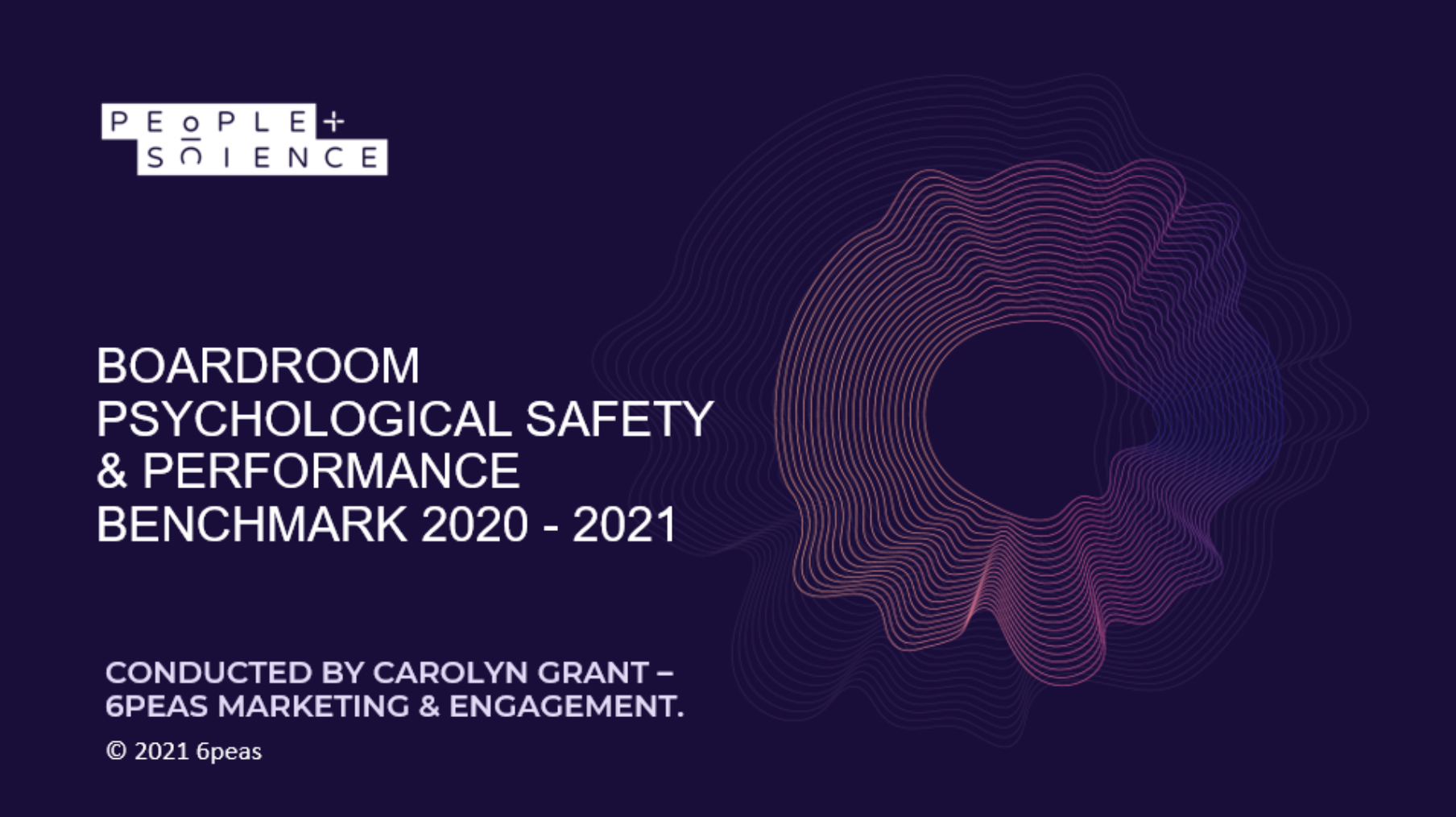Psychological Safety & Employee Engagement
What is Psychological Safety?
Psychological safety is a lead indicator of team performance organisational and personal risk.
Psychological Safety is the ability for a person to:
1. Feel like they belong and are part of the team
2. Feel safe to ask questions or ask for help
3. Feel safe to contribute and give opinions
4. Feel safe to problem solve, initiate and challenge the status quo
*All without the fear of being punished in some way such as embarrassed, humiliated, overlooked for a promotion or seniority.

Why does Psychological Safety matter?
A psychologically safe environment is one whereby people feel part of the team, feel comfortable asking for help, sharing information and challenging the status quo, without the fear of negative consequences. These factors are essential to critical decision-making within our leadership teams (board, committees, or executive leadership teams) and lead indicators of performance and risk metrics such as innovation and customer centricity future litigation and ultimately profits.
Critical decision-making is necessary to drive better performance and mitigate both organisational and personal risk.
Your content goes here. Edit or remove this text inline or in the module Content settings. You can also style every aspect of this content in the module Design settings and even apply custom CSS to this text in the module Advanced settings.
What Psychological Safety is not:
Psychological safety is not about being nice and getting along. It’s about giving and receiving feedback, intellectual debate, openly admitting mistakes, learning from each other, and giving each other permission to initiate and improve. This means creating very clear rules of engagement, consequences of misconduct and clarity around the purpose and roles of all participants. Without the accountability frameworks, we are creating unprecedented levels of uncertainty and fear which is driving defensive behaviours and decision-making which is not in the best interests of anyone.
How our People + Science tools help leaders
- Our People + Science tools enable us to forecast (with a slim margin of error) the current and future WHS exposures as a result of psychological safety.
- Our people + science tools enable us to estimate the cost of lack of team cohesion and psychological safety ie the dollars your organisation is missing out on.
- Our People + Science tools enable us to mitigate the risk leadership teams, boards and managers are exposed to as a result of not creating team psychological safety.
Psychological Safety Assessments
The People + Science Psychological Safety Assessments provides insights and recommendations to move towards a happy, high performing team whilst mitigating the risk caused by “people, culture or process” issues.
The People + Science Assessments investigate the following:
- Team Psychological Safety
- Team cognitive diversity
- Team trust
- Leader Impact Score
- Forecasting of future risk or claims
- Identifying the financial opportunities and risks
- Link to industry benchmarks
Ideally suited to the whole organisation.
Ideally suited to decision-making teams such as boards and executive teams.
Did you Know:
Boards that are able to function effectively as a team have 800% greater impact on firm profitability than any one well-qualified board director – in other words, the whole is greater than the sum of its parts.
Blog Articles
Psychological Safety – Australia’s first Code of Practice introduced
The New South Wales Government has introduced Australia's first Code of Practice (Code) for managing psychosocial hazards in the workplace.The Code provides employers with practical guidance about how to protect workers from psychosocial hazards in the workplace and...
Attentional Intelligence – A limited resource
"Our technologies are racing ahead but many of our skills and organisations are lagging behind". ‘Attention is a resource’ and perhaps more critical today to understand as 70% of the workforce becomes a remote or mobile workforce working from home. Attentional...
Leadership and Psychological Safety
“It’s the information I should know but don’t know that keeps me up at night”. I cannot remember where I heard the quote, it could have been one a leader quoted in "Fearless Organizations" or in "Culture Code" or in any number of books I have read lately, but it...
